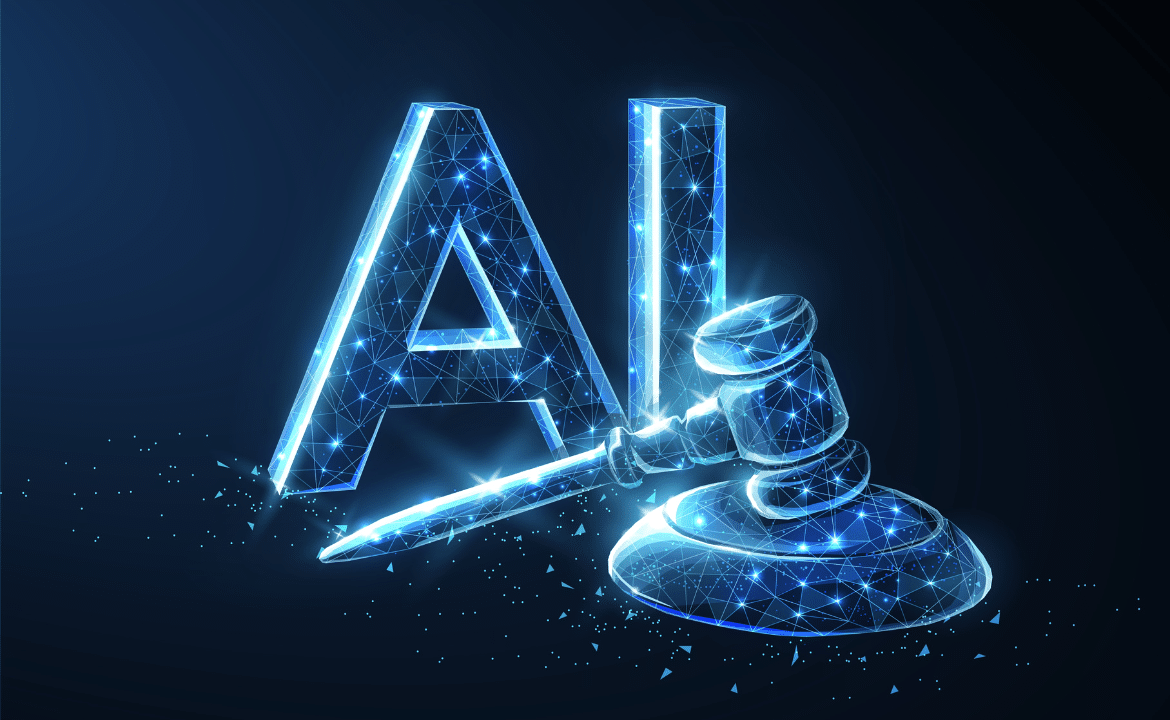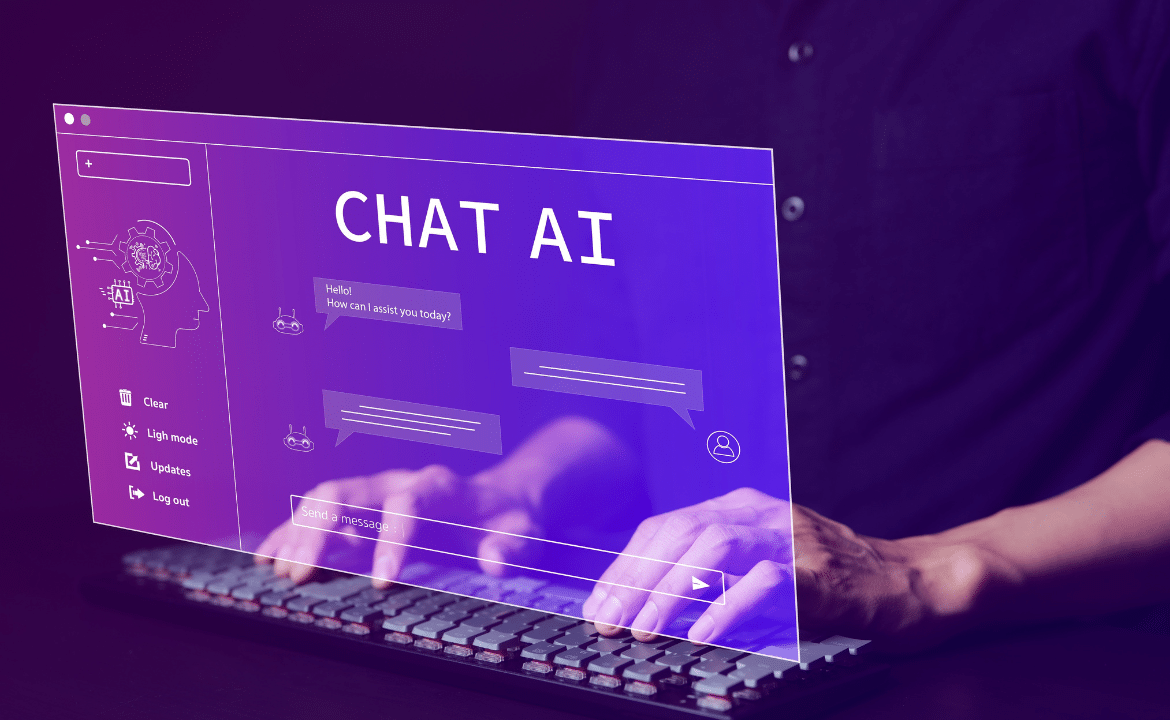GenAI holds immense promise, offering the potential to revolutionise industries through its ability to create new content, predict trends, and optimize processes. Yet, despite this potential, many GenAI pilots struggle to transition from the experimental stage into full production. As senior data leaders, understanding the pitfalls that lead to these failures is crucial for guiding successful AI strategies in your organisation. Here are the key reasons why GenAI pilots often fail to scale and how to address them.
1. Lack of Clear Business Objectives
One of the most common reasons GenAI projects fail to progress beyond the pilot stage is the absence of well-defined business objectives. According to Gartner, 85% of AI projects fail due to unclear goals and the inability to link AI to business outcomes. Without a clear understanding of what the AI initiative is supposed to achieve, it’s challenging to measure success or demonstrate value. This ambiguity often leads to misalignment between the AI team and business stakeholders, resulting in a lack of support for further investment.
2. Data Quality and Availability Issues
Generative AI models are data-hungry, requiring vast amounts of high-quality data to function effectively. Unfortunately, many organisations underestimate the effort needed to gather, clean, and maintain this data. In fact, 87% of AI projects never make it to production due to issues with data quality and integration. Poor data quality, coupled with fragmented data sources, can severely hamper the model’s performance, leading to disappointing pilot results.
3. Overestimation of AI Capabilities
There’s often a gap between the expectations set for AI and its actual capabilities. Generative AI, while powerful, is not a silver bullet that can solve every problem. According to a study by IDC, 30% of AI projects fail because the technology does not meet business needs or expectations. Overestimating what the technology can achieve in a pilot phase can lead to unrealistic goals, disappointment, and ultimately, the abandonment of the project.
4. Lack of Skilled Talent
Successfully deploying GenAI requires a team with specialised skills in AI, machine learning, and data science. However, the talent shortage in these areas is a significant barrier. In fact, 56% of companies report that the lack of skilled professionals is a major obstacle to AI adoption. Without the right expertise, organisations struggle to design, implement, and scale AI solutions effectively.
5. Insufficient IT Infrastructure
GenAI models are computationally intensive, requiring substantial IT resources to train and deploy. Many organisations find that their existing infrastructure is not equipped to handle the demands of AI at scale. This limitation can cause pilots to stall due to performance bottlenecks, high costs, and integration challenges with existing systems. A survey by Deloitte found that 45% of companies face significant challenges with IT infrastructure when scaling AI projects.
6. Cultural Resistance and Change Management
Introducing GenAI into an organisation often requires significant changes in processes, roles, and even organisational culture. Resistance to these changes can be a major barrier to moving pilots into production. A report by McKinsey highlights that 70% of digital transformation efforts fail due to cultural resistance. Employees may fear job displacement, misunderstand AI’s role, or resist altering established workflows.
Conclusion
Moving Generative AI projects from pilot to production is a complex but achievable goal. By addressing common pitfalls such as unclear objectives, data quality issues, talent shortages, and cultural resistance, CIOs significantly increase the likelihood of success. As with any transformative initiative, success lies in careful planning, continuous learning, and a clear alignment between technology and business objectives.
Our Experience
We have experience helping enterprises discover the business value AI can have. We recently wrote about how we used GenAI to help one of our clients, Travelopia, a global luxury travel company, create and gather complicated travel information from different systems in hours instead of 14 days. Read the full case study here, or get in touch with us to find out how we can help you get the best from AI.




